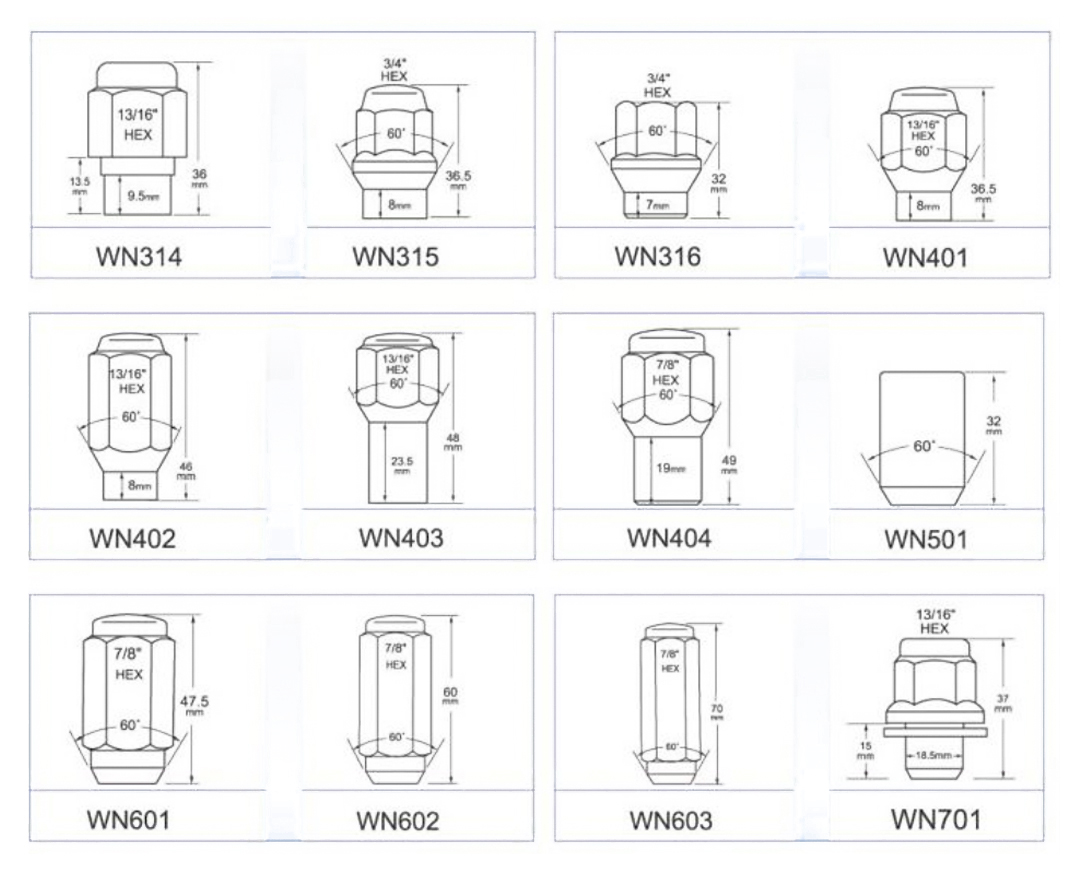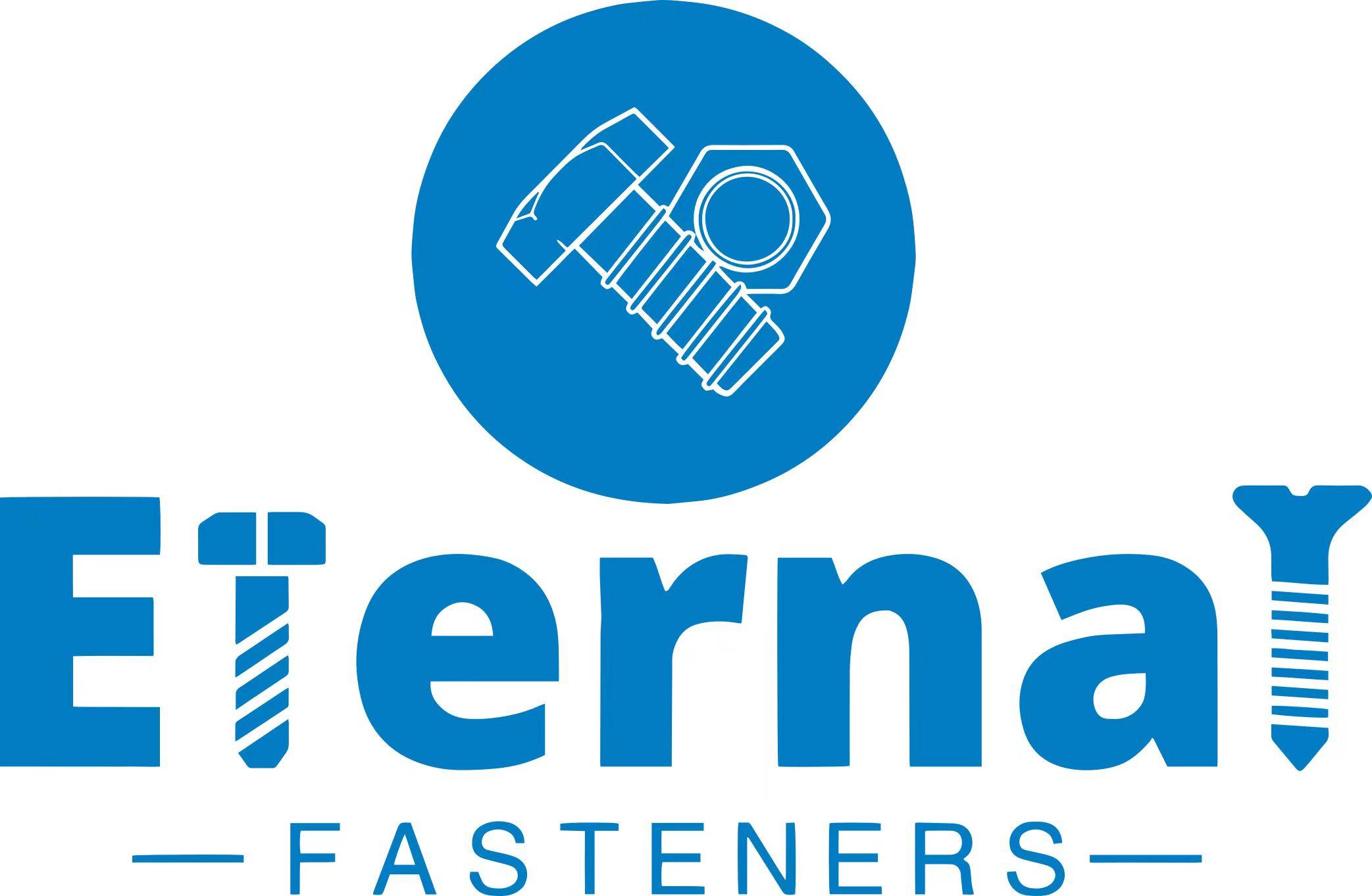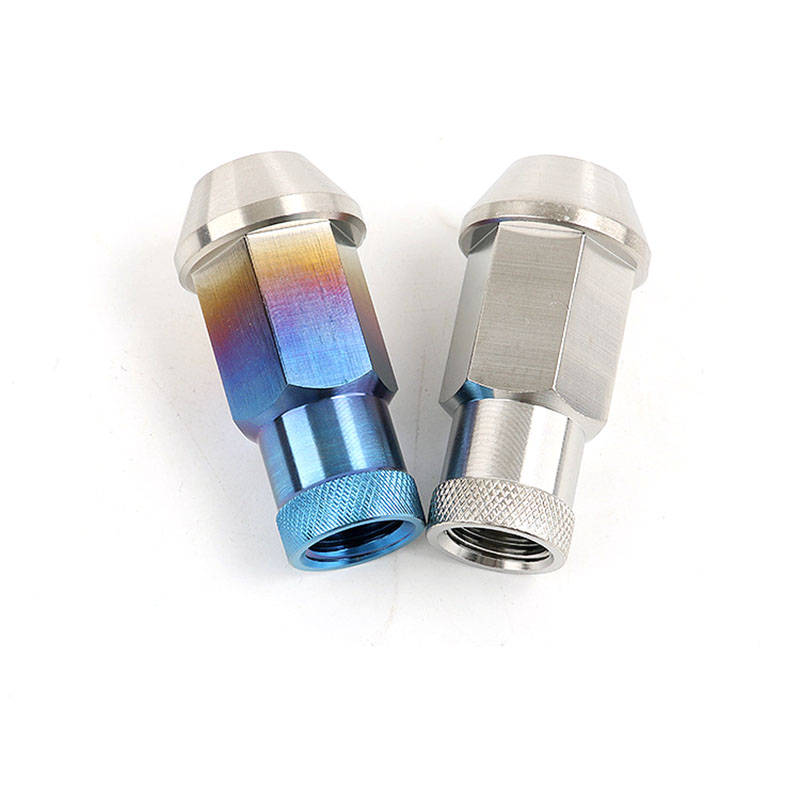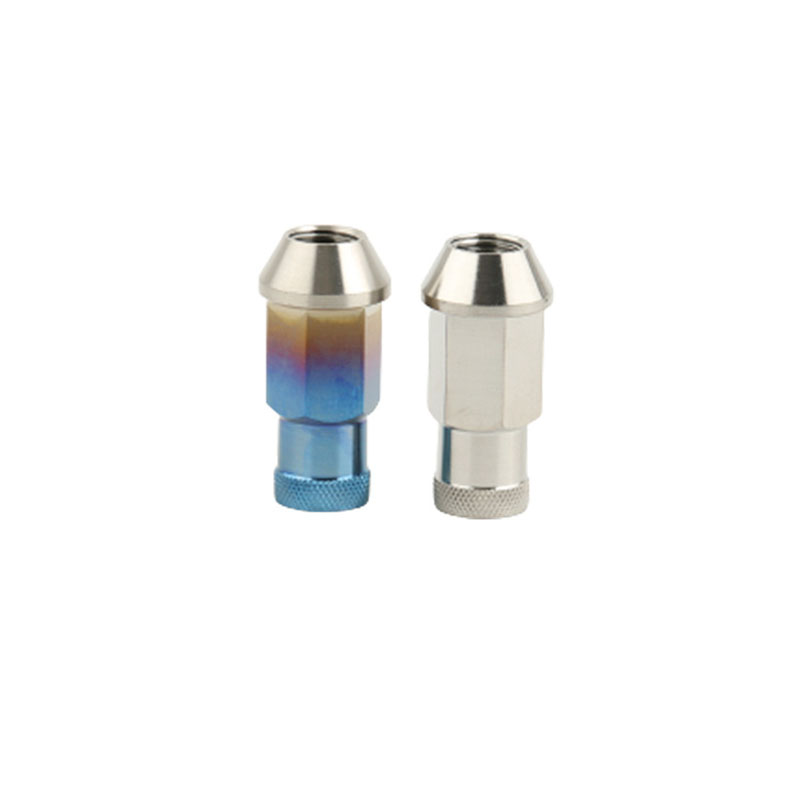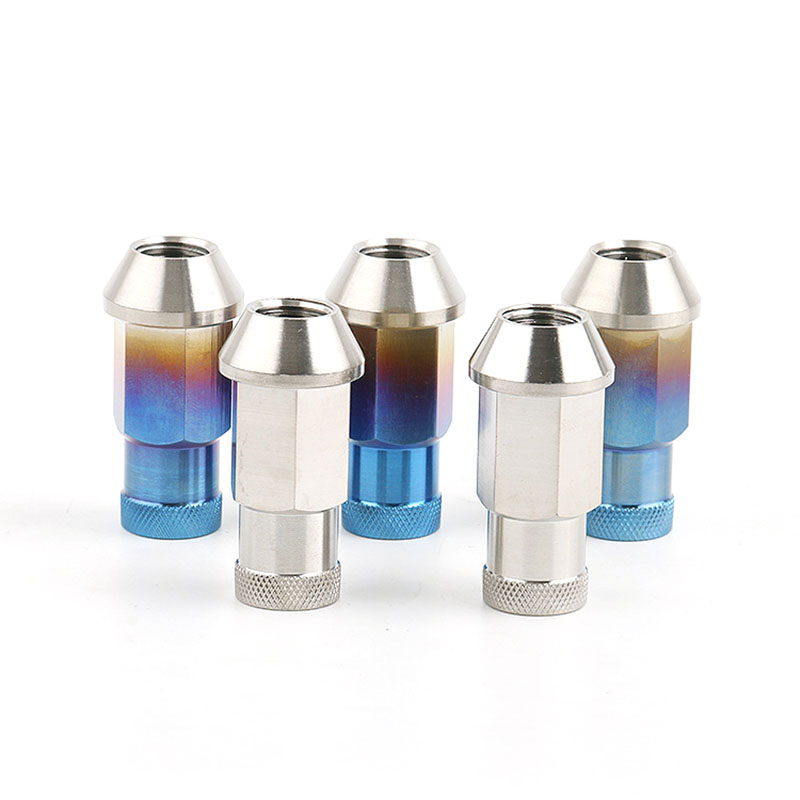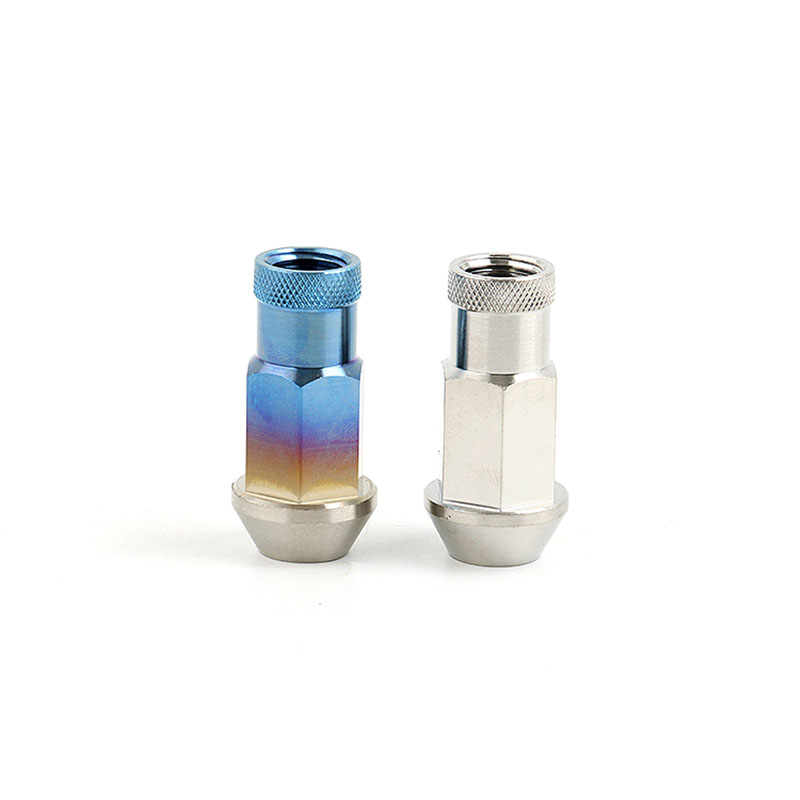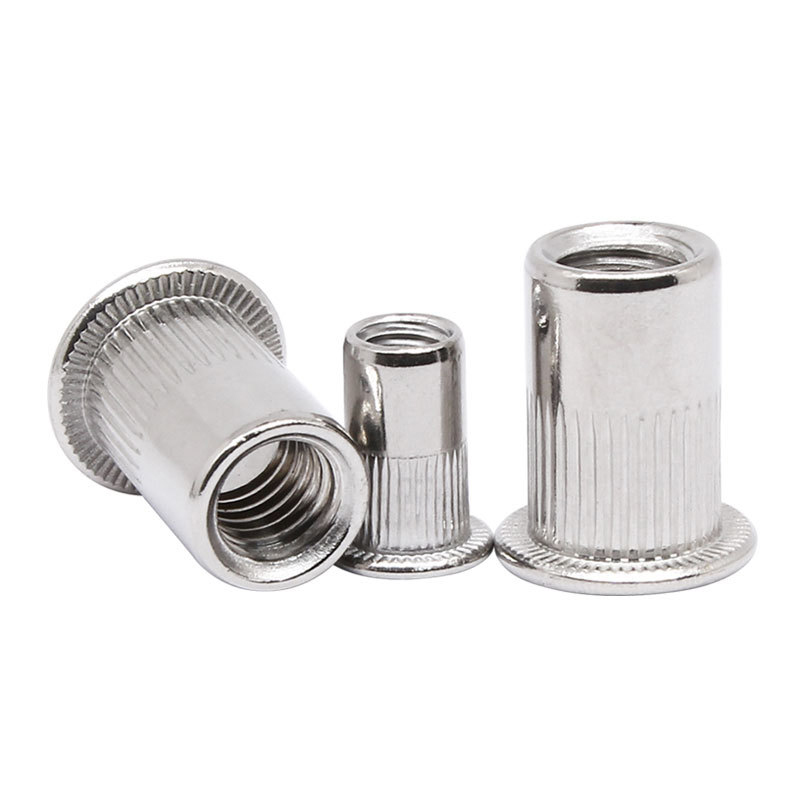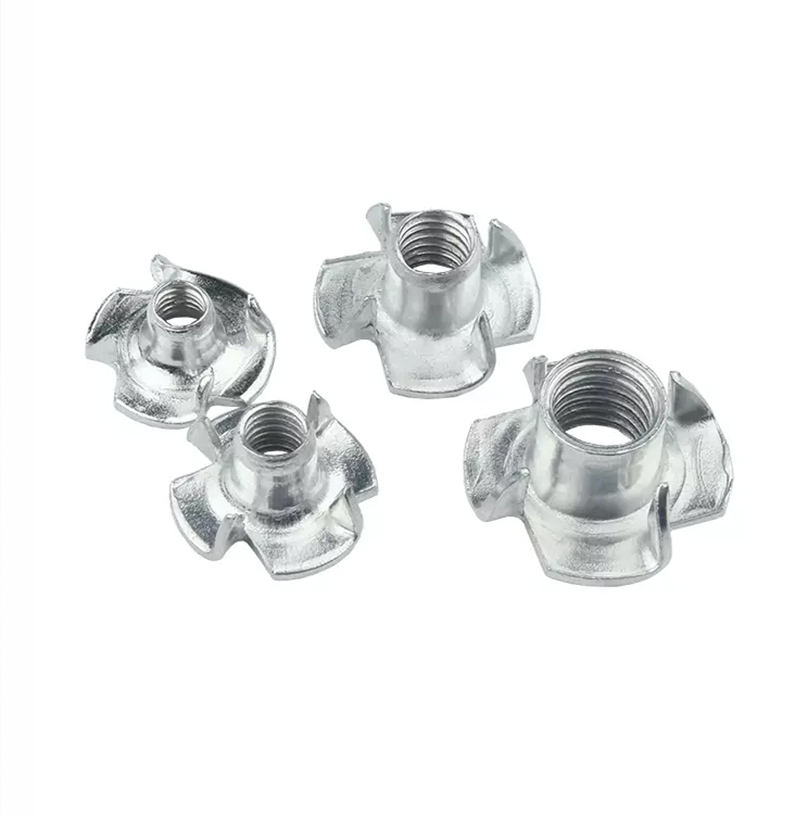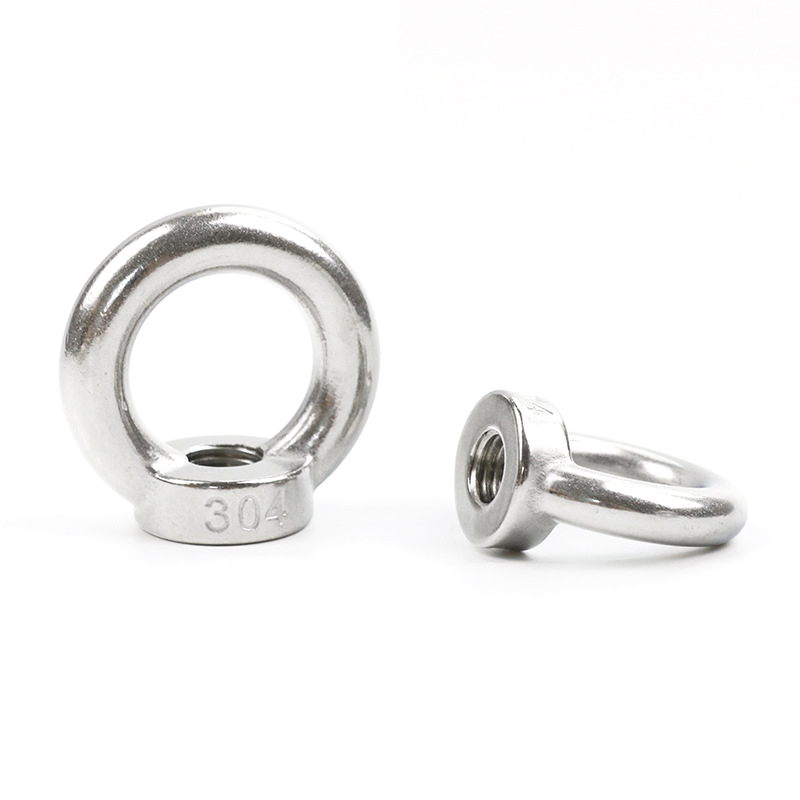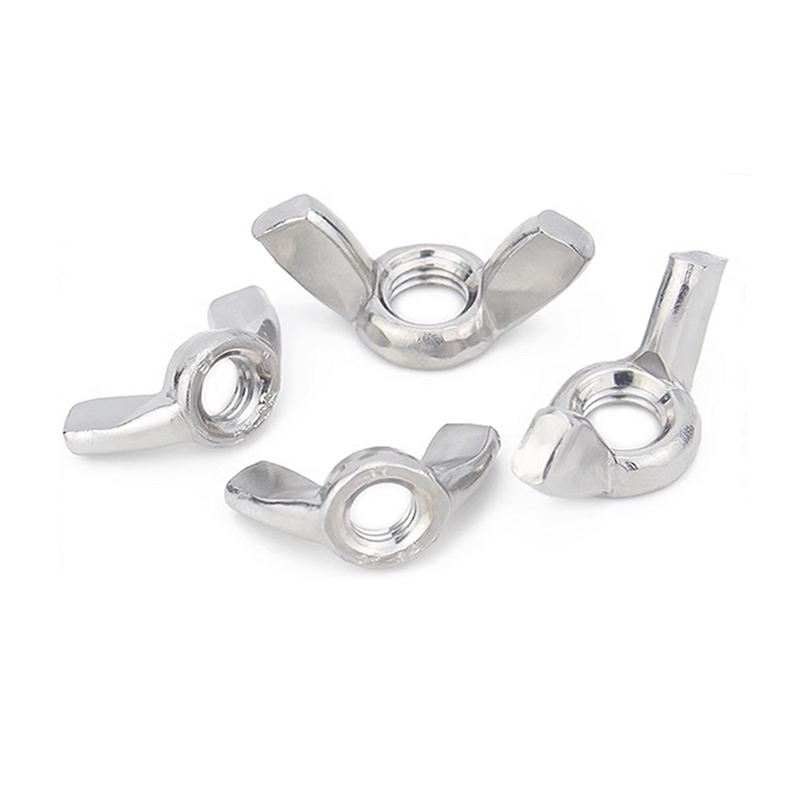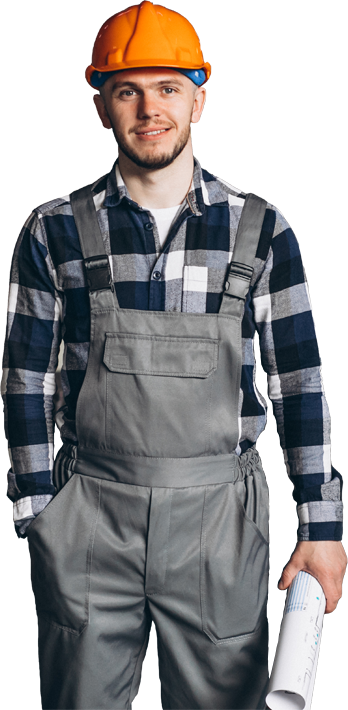Wheel nut
Standard: DIN, ASTM, JIS
Material: Stainless steel, Duplex Steel, Carbon Steel, Brass, Aluminum, etc
Plating: Zinc, Black Oxide, Dacromet, Geomet, Passivate, etc
Size: 1/4”-1”, M3-M48, Customized
MOQ: Accordingly to the size
Description
What is Wheel Nut?
A wheel nut, also known as a lug nut, is a fastener, specifically designed to secure the wheels on a vehicle. Wheel nuts fit on the wheel studs that protrude from the wheel hub, and they’re tightened down to hold the wheel firmly to the vehicle.
Here’s what you should know about wheel nuts:
- Purpose: The primary purpose of wheel nuts is to keep the wheel attached to its hub. They need to be properly tightened to the manufacturer’s specification to ensure the wheel does not come loose during driving.
- Types: There are several types of wheel nuts, including conical (acorn), spherical (ball), flat (mag), and extended thread (ET), among others. The type required depends on the wheel design.
- Material: They are typically made of steel and often have a coating, such as chrome plating, to prevent corrosion and rust. Some high-performance wheel nuts may be made of lighter materials, such as titanium, for reduced weight.
- Installation and Maintenance: They must be installed and tightened in a specific pattern, usually in a crisscross sequence, to ensure even distribution of pressure. It’s also important to regularly check the torque and re-tighten them to the specified torque setting, particularly after changing a wheel.
- Security: To help prevent theft of wheels, locking wheel nuts are available. These have a unique pattern that requires a special key for removal.
- Appearance: Wheel nuts can also be an aesthetic choice for vehicle owners. They come in various finishes and colors to complement or contrast with the color scheme of the wheels and the vehicle itself.
It’s crucial for safety that wheel nuts are kept in good condition and replaced if they become damaged or corroded, as this can affect their ability to stay properly tightened. They are readily available at auto parts stores and can be relatively easy to replace with the right tools and know-how.
